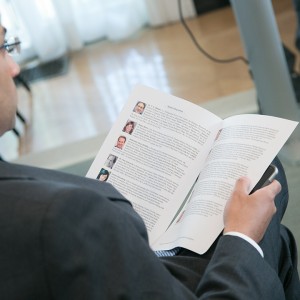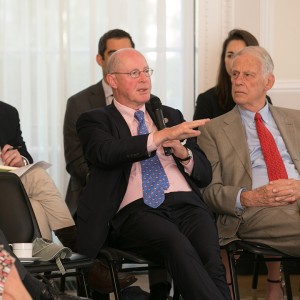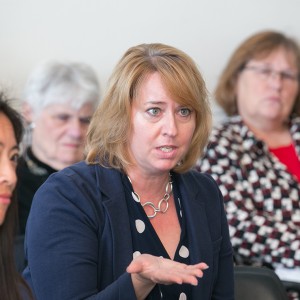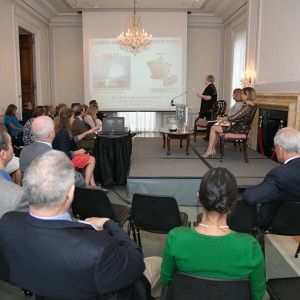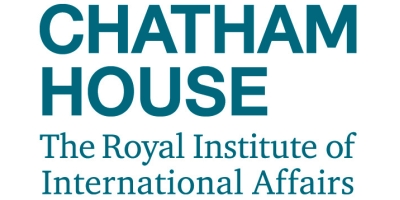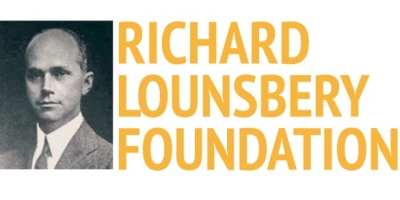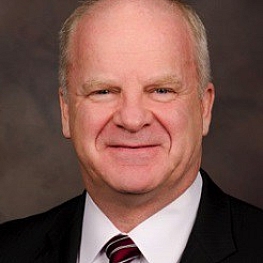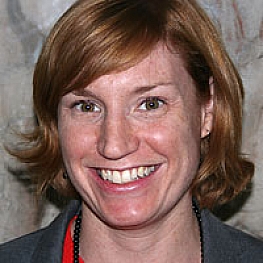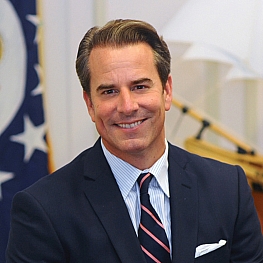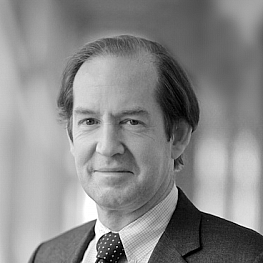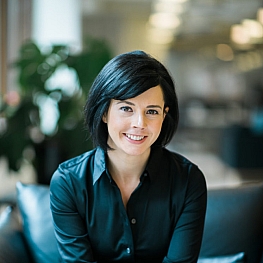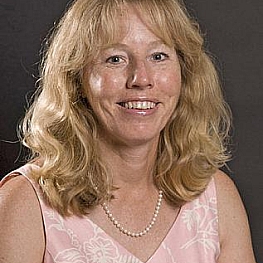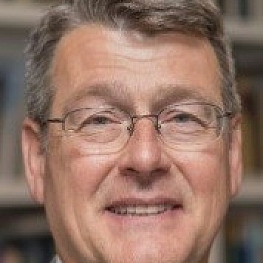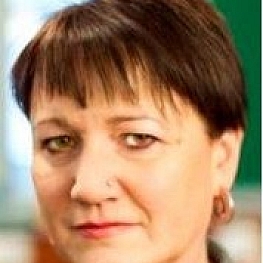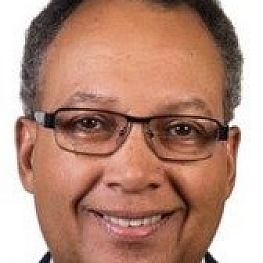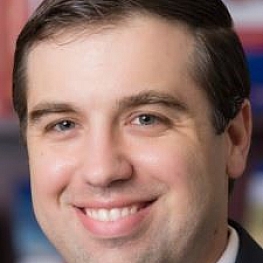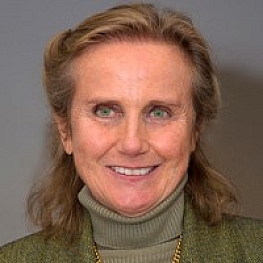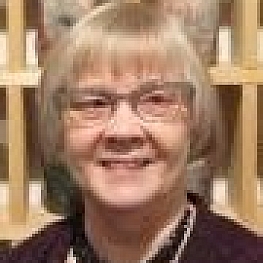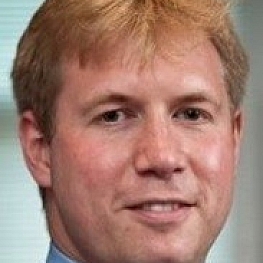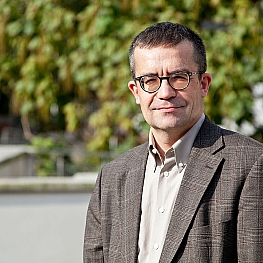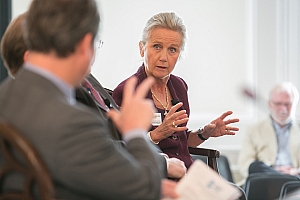The Familiarity of the Great War: Conflict, Alliances, and Divided Nations
Meridian’s Great War Alliance Forum on September 15, 2017, gathered representatives from foreign embassies, the business community, academic institutions, U.S. government agencies and the social sector. Guests participated in conversations on the history of the trilateral alliance among the United States, the United Kingdom and France during World War I; societal changes and implications of the war; and the future of global conflict. There was an emphasis on the experience of African-Americans, women and other marginal groups; the nature and impacts of war on society, the media, and nationalism; as well as the technological advancements that have shaped war into the 21st century. The cross-stage dialogue between speakers and attendees facilitated an exchange of ideas and perspectives on the key transatlantic partnerships that have worked in tandem since World War I and their relevance to the state of international security today.
Origins of the Trilateral Alliance

The first panel explored Origins of the Trilateral Alliance, examining the difficult birth of the alliance itself and the aftermath of the Great War. The panelists were Dr. Paul Jankowski, Professor of History at Brandeis University; Michael G. Knapp, Director of Historical Services for the American Battle Monuments Commission; and Dr. Monique Seefried, Commissioner of the U.S. World War I Centennial Commission. Meridian’s President and CEO, Ambassador Stuart Holliday, moderated this first discussion, asking questions about how and why the trilateral alliance formed, what its enduring impact was after the war, and how the U.S. built and deployed its army, cooperation and tensions among the three nations. Dr. Jankowski said that the trilateral alliance, which is taken for granted today, did not exist before World War I. All three speakers mentioned that the U.S. entered the war because of shared interests, the unrestricted submarine warfare on American ships by Germany, and the Zimmerman telegram. Mr. Knapp and Dr. Seefried emphasized that the French and American soldiers had a better relationship, despite the language barrier, largely because no class system permeated their militaries, unlike the British army and officer corps.
Referencing the Treaty of Versailles, Ambassador Holliday asked panelists whether they thought it was necessary for each of the three allied countries to punish Germany after World War I, and the effects of the war on nationalism and military sacrifice. Audience members raised questions about German reparations after the war and their effects on Adolf Hitler’s rise to power, and hypothesized whether ending World War I would have been possible without American involvement. These questions drew thoughtful responses from the panelists, with Dr. Jankowski arguing that reparations and limits on the size and scope of the German military had concluded by the early 1930’s and thus had little effect on Hitler’s rise to power. Mr. Knapp opined that the German offensive on the Western Front in 1918 would have still happened with or without American participation in World War I, while Dr. Seefried added that there was still a lingering desire in France to take revenge on Germany for the aftermath of the Franco-Prussian War.
The Nature of War
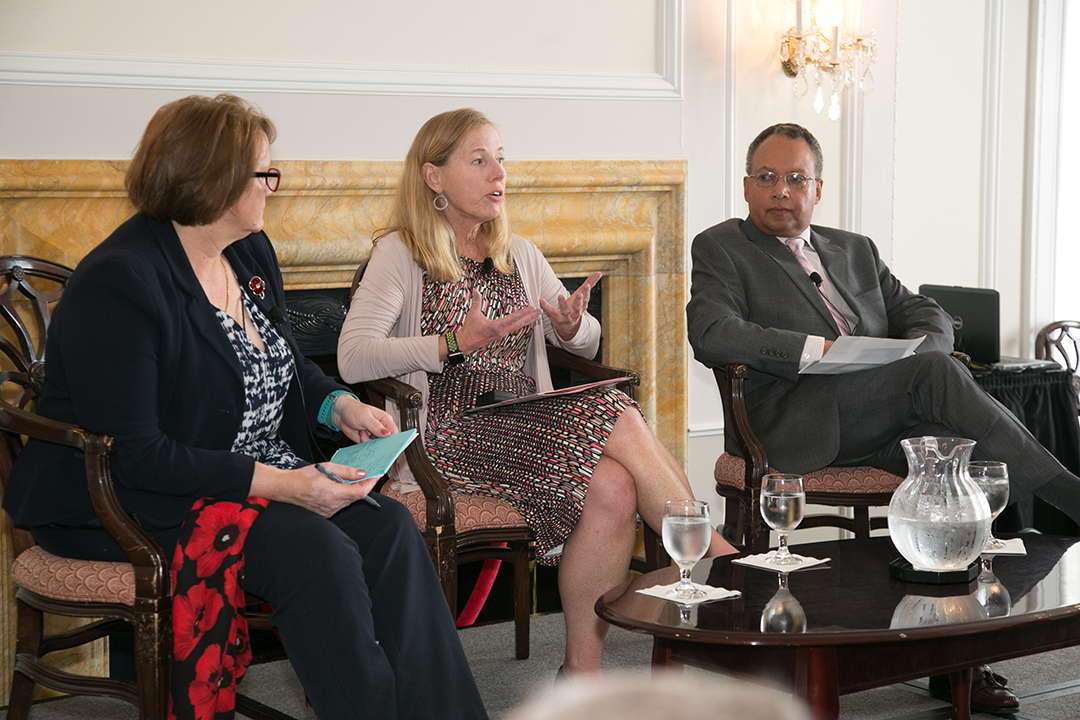
Moving beyond the origins of World War I, the second panel, Nature of War, explored the war’s globalism, impact on race and race relations, and its legacy. Moderating this panel was Dr. Jennifer Keene, Professor and Chair of the History Department at Chapman University and a Historical Advisory Board Member of the U.S. World War I Centennial Commission. Dr. Keene asked the panelists to discuss how the United Kingdom and France internationalized World War I throughout their colonies and territories, the African-American and female experiences, and the development of military psychology and evolution of propaganda. Dr. Patricia Lewis, Research Director of International Security at Chatham House, focused on the European experience during World War I, and how the brutality of the war has shaped European decision making towards war today. Dr. Jeffrey Sammons, Professor of History at New York University and a Historical Advisory Board Member of the U.S. World War I Centennial Commission, detailed the experience of African-American soldiers and civilians during the war, and the racism they experienced both in the U.S. and by the American army and government. An audience member drew parallels to India’s contribution to World War I, specifically the 1.5 million soldiers sent to support the Allied effort along with the subsequent non-cooperation policy of Indians towards the British leading to Indian home rule after World War II. Other guests in attendance asked about the role of propaganda shaping public opinion during and after World War I, and the aftermath of war leading to changes in British decision making in dealings towards peoples within their empire and the viability of the British Empire itself. These conversations on the nature of war set the frame for two breakout lunch sessions. Journalist Jamie Stiehm led one of the conversations, which explored the role of women in war time. The other was co-led by Dan Dayton, Executive Director of the U.S. World War I Centennial Commission and Joseph Suarez, Chairman of Maryland’s World War I Centennial Commission. It explained the various commissions’ educational and service initiatives taking place across the nation.
The Great War and Independence: The Polish Experience During and After World War I
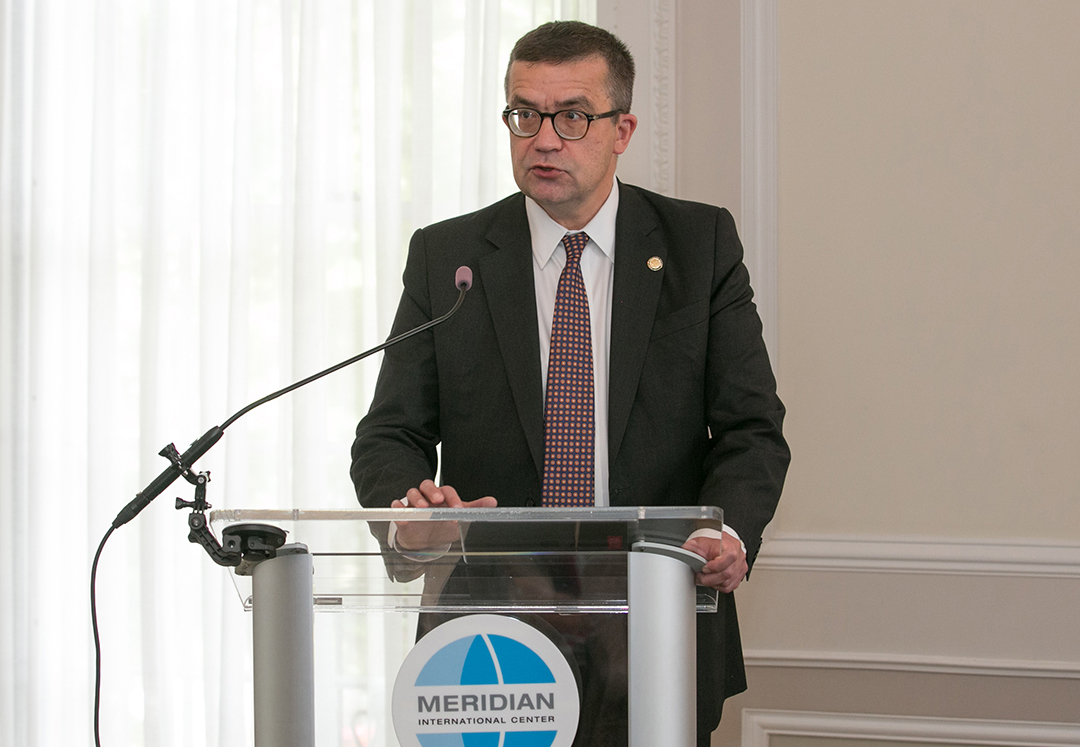
Following lunch, Meridian Trustee Ambassador Laurie Fulton welcomed His Excellency Piotr Wilczek, Ambassador of Poland to the U.S., for a keynote address on the seminal importance of World War I in Polish history. Ambassador Wilczek emphasized that World War I catalyzed the crumbling of the Russian, German, and Austro-Hungarian empires, and helped reestablish a Polish nation state after 123 years of non-existence. The Ambassador noted how Poland’s emergence during World War I is remembered neither in European nor Polish historical consciousness on the scale it warrants given the war’s outcome and impact on the Polish people. He mentioned one Merian C. Cooper who served on behalf of Poland during the Polish-Bolshevik war of 1920 – and later went on to direct “King Kong”, which elicited laughter from the audience. Ambassador Wilczek also highlighted President Woodrow Wilson’s support for an independent Poland, the contributions of Americans and Polish-Americans to the cause of Poland, and the repeated demonstrations of Polish admiration for the U.S.
Reflections and Depictions of Conflict
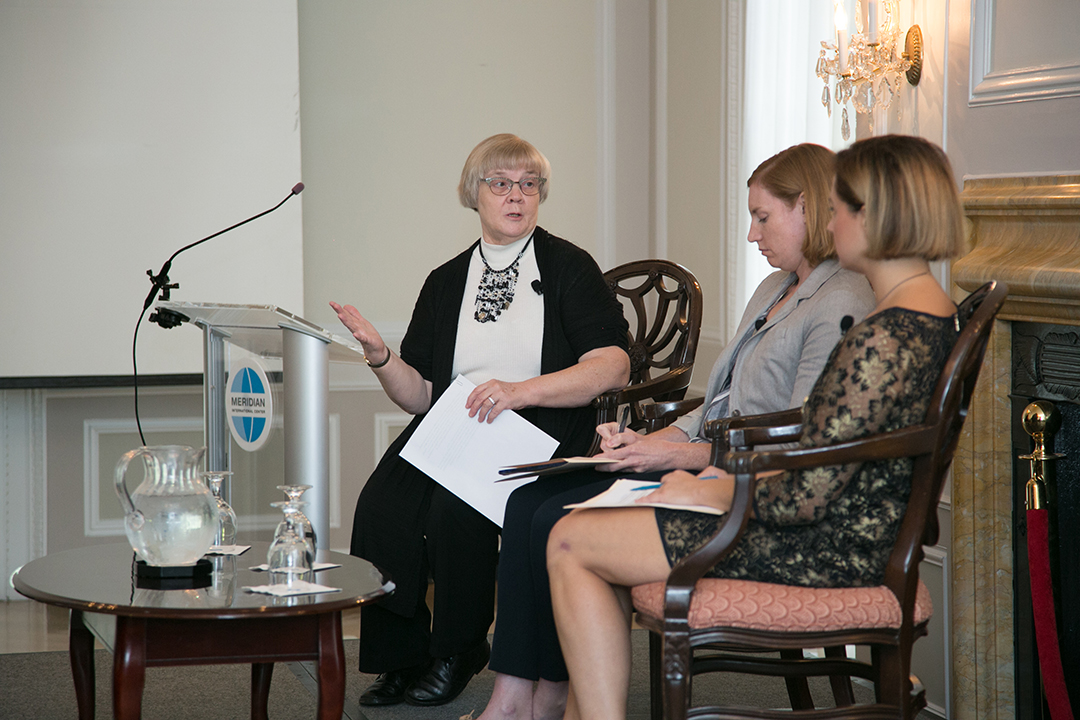
In a post-war mindset, the session following the Ambassador’s remarks explored Reflections of War and Depictions of Conflict, focusing on creative and artistic expressions of war by soldiers from World War I to the present day. Dr. Tara Leigh Tappert, an independent scholar and curator, opened with a PowerPoint presentation displaying posters, drawings, and diaries of soldiers who used these forms to process their experiences with World War I. She also detailed individual stories that help enhance and humanize society’s perception of war – in particular its grim and traumatic impacts. Fellow panelist and diary expert Megan Harris, Senior Reference Specialist of the Veterans History Project at the Library of Congress, concurred with Dr. Tappert. Ms. Harris emphasized that for some soldiers, writing just a few words per day helped them escape the bleakness of trench warfare. Dr. Tappert also discussed how many veterans today have employed the creative arts as a means not only to rehabilitate after war, but also to share their experiences in new ways through comedy, acting, blogging, and poetry. Diving deeper into modern techniques to preserve soldiers’ artistic depictions of war, Lauren Katzenberg, Co-Founder and Managing Editor of Task & Purpose, emphasized the role of social media and digital documentation. Specifically, she examined the use of Twitter, blogs, and digital photographs as current means of documenting war experiences. Audience members joined the dialogue by raising the importance of art in giving soldiers ‘new’ life. While others hypothesized the ethics of soldiers’ misrepresentations of their experiences, such as embellishing or misremembering the events of a particular battle.
The Future of War
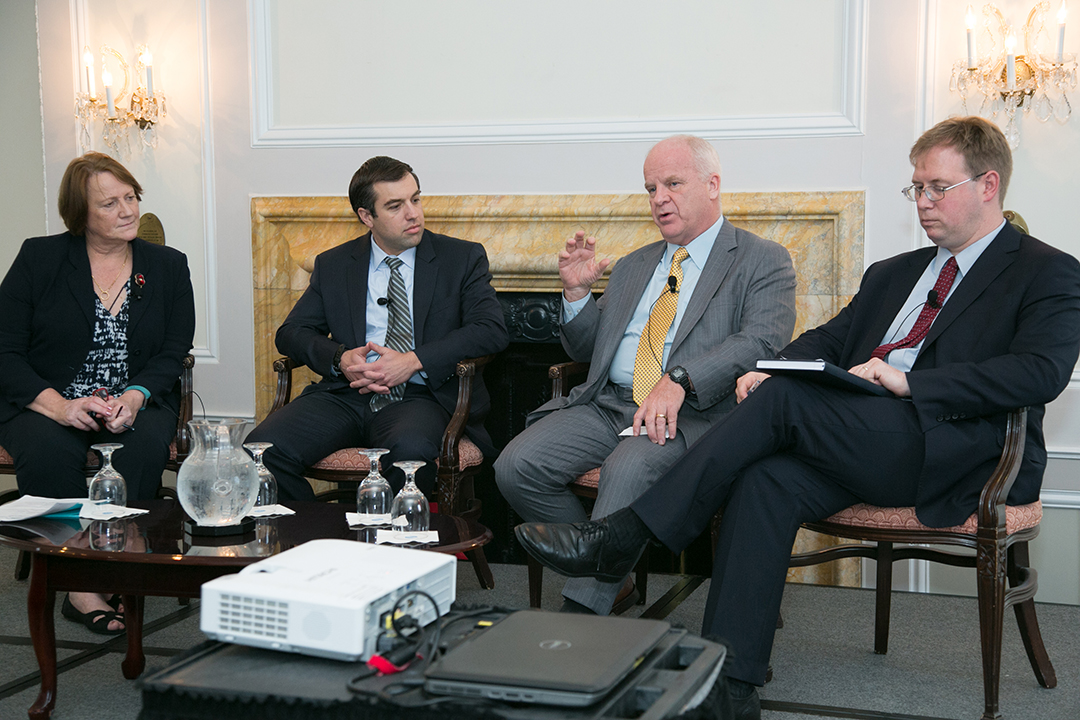
Concluding the forum, Dr. Lewis returned to the stage to moderate a conversation on the Future of War with a look to the future of war, technology, and the human condition. Joining Dr. Lewis on stage were Dr. T.X. Hammes, Distinguished Fellow of the Center for Strategic Research at National Defense University; Paul Scharre, Senior Fellow and Director of the Technology and National Security Program at the Center for a New American Security; and Ian Wallace, Co-Director of the Cybersecurity Initiative at New America. A spirited debate unfolded about the mechanization of future warfare, cyber security and autonomous weapons systems, and the role of human behavior in conducting and preventing war. There was little, if any, consensus among the four panelist regarding these issues. Members of the audience contributed to this exchange with questions about the elimination of the war given increasing competition for resources, the connection between information and the media environment, and the influence of Russia in the control and dissemination of information. Dr. Lewis wrapped up the panel by asking each of the panelists for a positive prediction about the future of war and societal development. Dr. Hammes believes a society’s rate of industrialization and digitalization will be the new mark of advancement, while Scharre thinks the future will reveal positive developments in the democratization of technology and information. Wallace predicts better human awareness of its limitations and history.
In her concluding remarks, Dr. Lewis said that while there are ample conclusions to take away from the forum, she is optimistic about the future generation of young people regarding their civic engagement, knowledge, and desire to make the world more secure and prosperous for all. This underscored the importance of fostering mutual understanding and open dialogue, which Meridian achieves through initiatives like The Great War Alliance Forum.
See more Photos
Project Partners
Participants
Agenda
MORNING SESSIONS:
9:00 AM – WELCOME REMARKS
Ambassador Stuart Holliday, President and CEO, Meridian International Center
9:10 AM – ORIGINS OF THE TRILATERAL ALLIANCE Watch Full Video
Ambassador Stuart Holliday, President and CEO, Meridian International Center
Dr. Paul Jankowski, Professor of History, Brandeis University
Michael G. Knapp, Director of Historical Services, American Battle Monuments Commission
Dr. Monique Seefried, Commissioner, U.S. World War I Centennial Commission
10:30 AM – NATURE OF WAR Watch Full Video
Dr. Jennifer Keene, Professor and Chair of the History Department, Chapman University; Historical Advisory Board Member, U.S. World War I Centennial Commission
Dr. Patricia Lewis, Research Director of International Security, Chatham House
Dr. Jeffrey Sammons, Professor of History, New York University; Historical Advisory Board Member, U.S. World War I Centennial Commission
11:30 AM – BREAKOUT LUNCH DISCUSSIONS
AFTERNOON SESSIONS:
12:45 PM – THE GREAT WAR AND INDEPENDENCE: THE POLISH EXPERIENCE DURING AND AFTER WORLD WAR I Watch Full Video
His Excellency Piotr Wilczek, Ambassador of Poland to the U.S.
1:00 PM – REFLECTIONS AND DEPICTIONS OF CONFLICT Watch Full Video
Megan Harris, Senior Reference Specialist, Veterans History Project, Library of Congress
Lauren Katzenberg, Co-Founder and Managing Editor, Task & Purpose
Dr. Tara Leigh Tappert, Independent Scholar and Curator; Founder, The Arts & The Military
1:55 PM – FUTURE OF WAR Watch Full Video
Dr. T.X. Hammes, Distinguished Fellow, Center for Strategic Research, National Defense University
Dr. Patricia Lewis, Research Director of International Security, Chatham House
Paul Scharre, Senior Fellow and Director of the Technology and National Security Program, Center for a New American Security
Ian Wallace, Co-Director of the Cybersecurity Initiative, New America
3:00 PM – CLOSING REMARKS
Dr. Patricia Lewis, Research Director of International Security, Chatham House
Project Timeline
Project summary
| The Familiarity of the Great War: Conflict, Alliances, and Divided Nations | September 2017 | |
|---|---|
| Number of Attendees: | 64 |
| Regions: | Europe and Eurasia |
| Impact Areas: | Security and Defense, Foreign Policy, Public Diplomacy, Media and Journalism |
| Program Areas: | Diplomatic Engagement |
| Partners: | NGOs |
